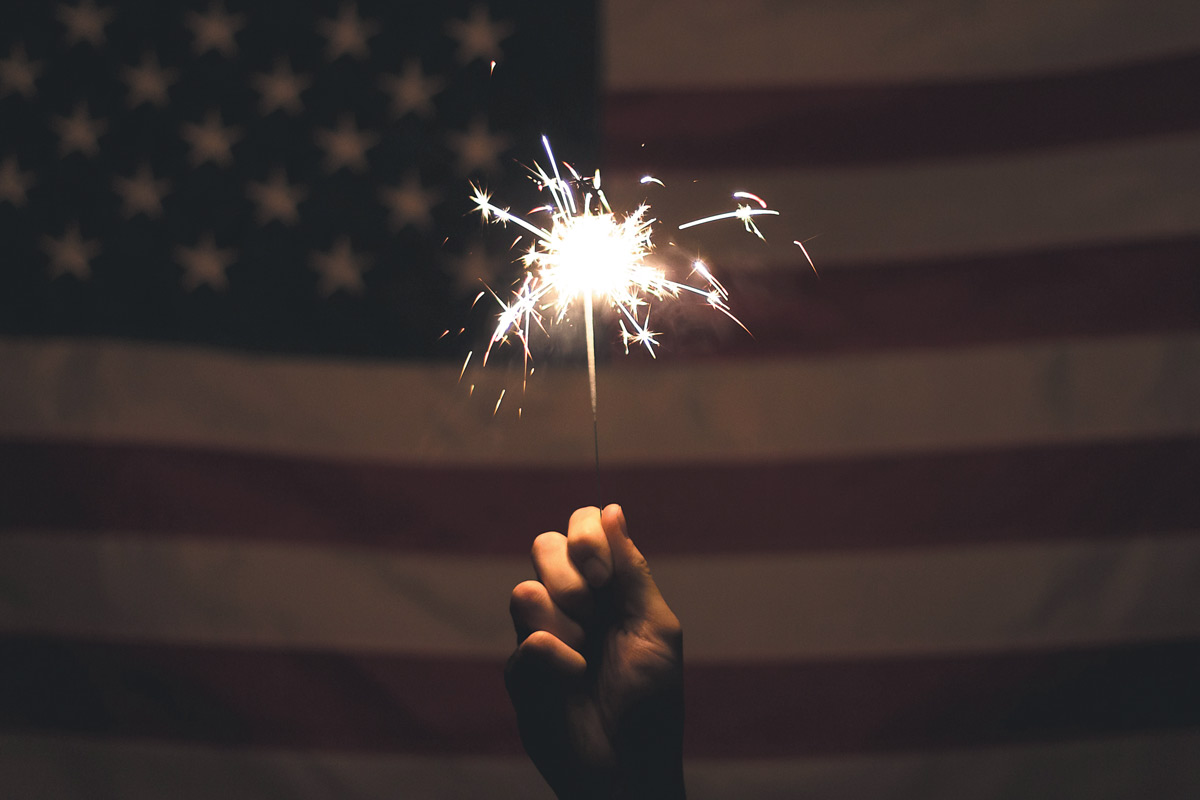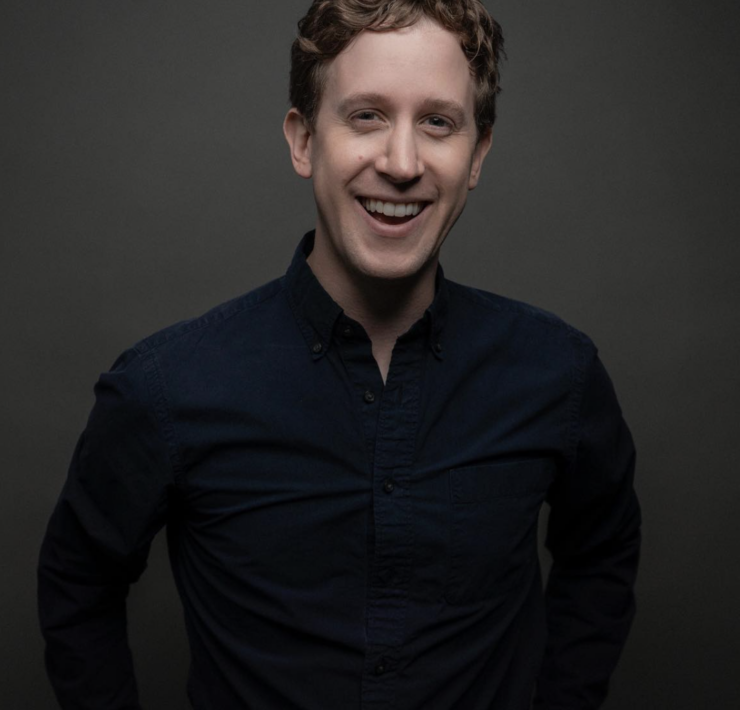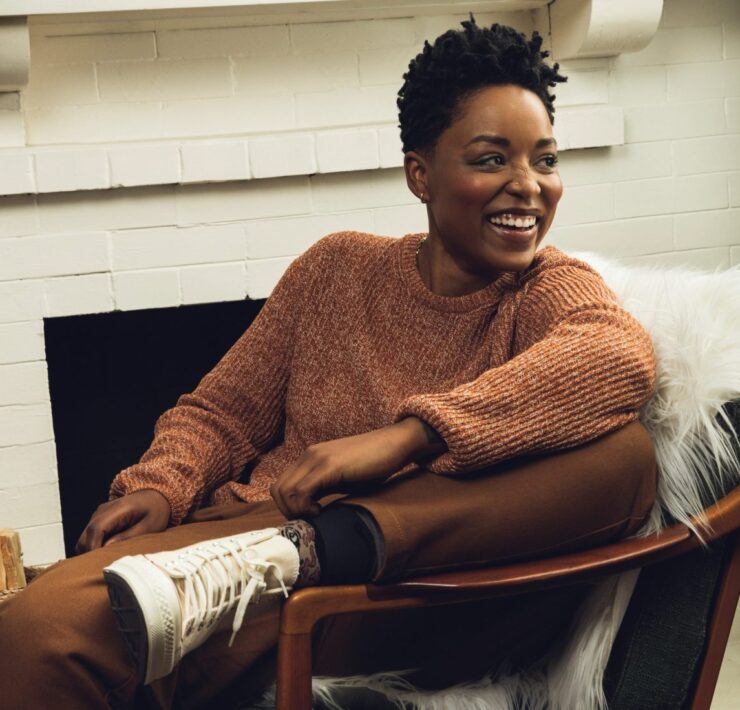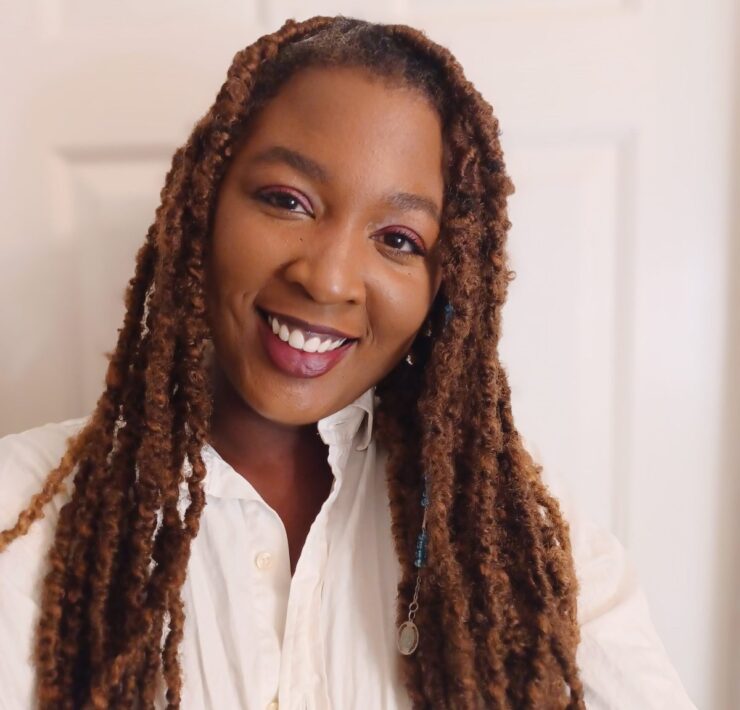American Queer Life

Everyday Courage in the Face of Everyday Horrors: American Queer Life
Bran thought about it. “Can a man still be brave if he is afraid?”
“That is the only time a man can be brave,” his father told him.George R.R. Martin—Game of Thrones
I was born in Colorado, I’m as gay as a box of birds, and alive. So, I guess that qualifies me to write my new column, American Queer Life, and this is my first article under this banner. Others also qualify, but I have the privilege of writing for this magazine, a privilege not taken lightly.
Some days, being human requires courage just to get out of bed. But being LGBTQ—or another minority—requires daring every day. We can be threatened by a landlord, boss, priest, evangelist, coach, policeman, judge, politician, president, the fanatic stranger.
Queers combat opposition, danger, and hardship. Resistance is constant, regular, and prevalent. Little acknowledgment—even from ourselves—is received, sought, or expected. We just get on with life.
I call our moral strength—ironic, since our critics use morality to shame us—everyday courage: common, routine, unrecognized.
I’ve witnessed the power of everyday courage from the average Joes and Jolenes of my community: a lesbian friend who described caring for her partner of decades diagnosed with Alzheimer’s; a young, trans man who awaited turning 18 so he could begin his physical transformation; ex-Mormons who chronicled being excommunicated, losing their church, children and homes, yet remaining spiritual, kind and loving.
That’s a recent, incomplete list of thousands of examples over decades. My heroes don’t know they’re heroes and would probably be shocked and embarrassed if called that.
I think we’re unaware of our courage. In retrospect, I see how I made courageous decisions: auditioning for Boys in the Band in the 70s, when I published a book declaring my HIV status in 1997, or in 2003, when I came out to my parents. Those three examples represent landmarks of innumerable declarations over the the last 50 years of my life. (I’m 65.)
But, I didn’t wake up those mornings and proclaim, “Today, I shall be courageous! Hurrah!” I woke up, maybe threw up, and then gave up a life of lies, shame, and misery. As excruciatingly painful as those decisions were, they were less painful than living a closeted life. I gave birth to a truer version of myself.
Being human is a mystery, never ending and never entirely solvable. Except for maybe on some cosmic level, no one deliberately decides to be queer. We are born with a queer story to tell, a quality intrinsic to our core. We may fight those urges with all our might, scared to death of their consequences. Simultaneously frightening and freeing, courage appears when fear drives us kicking and screaming to be bold.
The price of queer freedom can be high: loss of home, family, children, friends, employment, income, social standing, entry to heaven, even loss of life. But the rewards are equally high: a life lived with love, honesty, happiness, purpose, integrity, and, frankly, fun.
What our stories boil down to—what everyone’s story boils down to, really—is a search for love: from relatives, friends, a partner, and ultimately, for oneself. But life demands authentic expression and provides daily opportunities.
With perseverance and resilience, when we let go of fear, we are reborn. We live authentically not just to survive, but to thrive confidently, passionately. Indeed, we are reborn every day with eventually, I hope, joy and light gracing us all.
Of course, queers don’t have a monopoly on courage. Those who loved us or denied long-held beliefs and prejudices to right wrongs may have done so at great personal risk. Let’s acknowledge the bravery our allies embraced.
And, of course, the American queer community has made great strides. In Denver, we can dance at Tracks, dine at Racine’s, and hold hands in Cheesman Park without being arrested. We can have sex at the Swim Club, watch porn, and buy our toys at Needz courtesy of the U.S. Supreme Court. We can get a marriage license at the Denver County Clerk and Recorder’s Office and purchase a wedding cake at Azucar Bakery, much like our parents did. We can sign up for the military on the Auraria Campus—well, most of us.
All over America, some in the queer community can be rejected for military service. We can be denied employment and housing. We can be subjected to forced conversion therapies. We can be bullied into suicide, like 9-year-old Jamel Myles last year in Denver. We can be barred from entry to heaven by hypocritical religions. We can be raped and murdered.
With perseverance and resilience, when we let go of fear, we are reborn.
We can watch a dark cloud of loneliness and hopelessness loom over the futures of the childless elderly and homeless, queer youth.
We can still become HIV infected. In 2017, people of color accounted for 75 percent of new HIV infections (24,026). Youth aged 13-24 accounted for 21 percent (8,264) of 38,739 new diagnoses. We can still die from HIV: 15,807 individuals passed away in 2015, nearly half in the South.
Solving these problems may feel like extinguishing a forest fire with an eyedropper. But, I have faith my community and our allies will be part of their solutions, and flooding the flames, to paraphrase the Bible, justice will roll down like an ever-lasting stream.
That America is divided, is riddled with real and systemic violence—political, racial, economic, gender, sexual, environmental—is not new news, not fake news. Queer existence is itself a divisive issue, and living a queer life means you have a target on your back. As Lady Macbeth goaded her waffling husband, we “screw [our] courage to the sticking post.” But it’s whom we screw that sickens our enemies worldwide. We are much more than our sexual preference or gender identity. Governments and religions, politicians and zealots, obsess about these traits, condemned as our curse and damnation. Our nature is only a part of our humanity, embraced as our blessing and salvation.
Queer existence is itself a divisive issue, and living a queer life means you have a target on your back.
I think they’re jealous. The power of our everyday courage sets us free, and the power of their unyielding hate shackles them to misery.
I love my country and want to feel good about it, but I grit my teeth when I think of the erosion of queer rights since November 2016, and brace myself for future attempts at more egregious perversions of justice in America.
For the moment, I celebrate LGBTQ persons worldwide for the pluckiness they display walking out the door. Queers and the power of their everyday courage energizes the foundation of society, benefitting the very world nipping at our heels—we have for millennia. Maybe that’s a grandiloquent and simplistic statement. I don’t care. Because it’s true.
What's Your Reaction?
Rick Kitzman is a Colorado native and a survivor of the AIDS epidemic in New York City during the 80s. He has been a corporate trainer, human resources director, and a club DJ (Studio 54 in New York, The Ballpark in Denver). He wrote 'The Little Book on Forgiving,' published by DeVorss & Co. in 1996 and excerpted in 'Science of Mind Magazine.' Rick is the winner of the John Preston Award for his short story “The Lady in the Hatbox,” included in Best Gay Erotica of 1997. In his column, “American Queer Life,” he contributes to OFM with opinion articles ranging from political injustice to the Oscars. He has a great partner who treats him like gold and says “he’s adorbs and funny as heck!” Rick thinks tweets are for twits. “One word: Trump ... just sayin’...”










